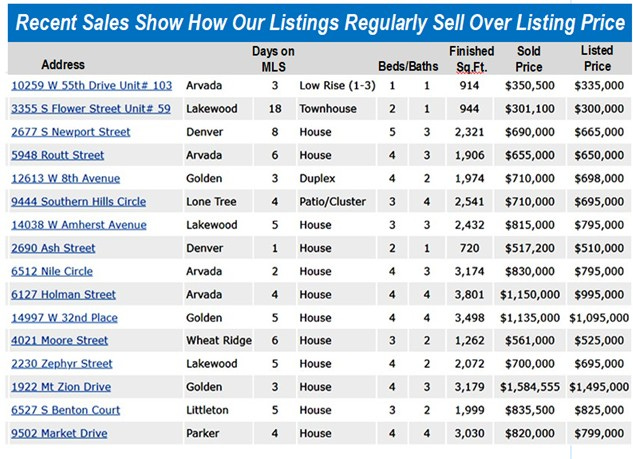A Lesser-Known FHA Program Eliminates Need for a Down Payment
Instead of a down payment, the buyer gets a second mortgage loan, with more generous terms and fewer limitations, including income and debt-to-income ratio.
For many would-be homebuyers in Colorado, the biggest obstacle isn’t affording monthly payments — it’s saving up for a down payment. But there’s a lesser-known solution: a unique down payment assistance program connected to FHA that offers generous terms with fewer limitations than many alternatives.
I learned about this program from Jaxzann Riggs, owner of The Mortgage Network, who explained how this option helps buyers get into homes sooner - with little or no money out of pocket.
“Some buyers have strong income and credit, but they just haven’t been able to save enough for a down payment,” she told me. “This program bridges that gap - without the typical income or location restrictions.”
A Powerful Alternative to Traditional Down Payment Assistance (DPA)
This FHA-approved assistance is more flexible than many state or local programs. It comes in the form of a second mortgage behind an FHA loan, but here’s the twist: there are no income limits, no geographic restrictions, and more flexibility within FHA guidelines, compared to a conventional loan.
Buyers can use this program whether or not they’re a first-time homebuyer. It’s designed for those who are financially ready to buy but need help covering the minimum 3.5% down payment or closing costs.
While Colorado offers down payment help through programs like CHFA, CHAC, HOAP, and MetroDPA, these programs often have income caps and/or location limits. But as stated before, the national FHA-backed option offers broader eligibility, no income or area restrictions, and more flexible terms, making it a strong option for buyers who are ready now.
Additionally, this program allows for higher debt-to-income (DTI) ratios, a hallmark of FHA financing. That means borrowers with student loans or other debt may still qualify.
Why This Matters Now
With rents and home prices both climbing, waiting to save for a traditional down payment could cost more in the long run. Getting into a home today versus two or three years from now allows you to start building equity instead of continuing to pay rent.
“Every month you rent is a month you’re not gaining ownership,” Jaxzann says. “This program gives you a way to step into the market faster and start growing wealth.”
Keep in Mind: Not All FHA Loans Are Eligible
It’s important to note that this assistance applies only to new FHA purchases. If you have an FHA loan on your current home, you won’t qualify for this specific program — but there’s still a silver lining. FHA loans are assumable, meaning a future buyer could take over your low-interest mortgage without a rate hike, an incredibly valuable feature in a rising-rate environment.
“You can’t beat the ability to transfer a loan with no escalation in rate,” Jaxzann points out. “That’s something worth knowing if you already have an FHA loan.” Homeowners with existing low-rate FHA mortgages are sitting on a very valuable asset. When it is time to sell, they should consider allowing the new prospective purchaser to “assume” their existing loan.
This is done by having the prospective purchaser apply for a “qualifying assumption” with the lender that is currently servicing your loan. If the prospective owner qualifies to assume the existing loan, you are released from all future liability for the loan while allowing the new purchaser/owner to keep the original mortgage interest rate. The difference between the current loan balance and the purchase price of the home is paid to the seller in cash.
Weighing the Trade-Offs
As with most zero-down options, there are considerations:
Interest rates will be higher than traditional FHA loans with full down payments. On a $500,000 home, that might mean around $550 more per month.
You will have to pay off any remaining balance on the second mortgage when you refinance or sell.
All FHA loans require mortgage insurance on the loan. This insurance protects the lender in the event of foreclosure. Unlike mortgage insurance on conventional mortgages, 30-year fixed rate FHA loans require that the mortgage insurance remain in place for the life of the loan.
You must intend to live in the home as your primary residence at the time of purchase.
Still, for many buyers, the ability to get into a home now outweighs the costs.
“This program can open doors much sooner than people think,” Jaxzann told me. “This is ideal for households with two incomes and/or those that might have been denied down payment assistance in the past because they exceed income limitations for other programs. If you’re ready to buy but short on upfront funds, it’s absolutely worth exploring.”
To learn more and find out if you qualify, contact Jaxzann Riggs at The Mortgage Network at (303) 990-2992.


